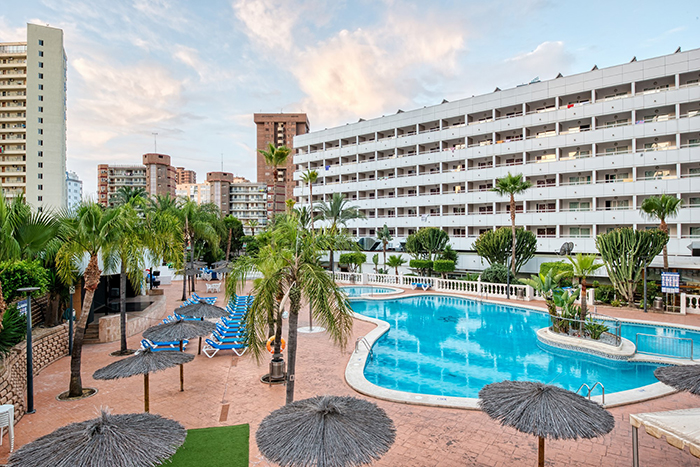Buildings currently account for 40 % of the European Union's final energy consumption and 36 % of its energy-related greenhouse gas emissions. However, 75 % of buildings in the Union are still not energy efficient. Within this context, the project "Artificial Intelligence For Energy Saving In Hotels" aims to implement an AI system for temperature control in hotels, in order to save energy and optimize the thermal comfort of guests.
The project focuses on three key aspects: the variables that affect guests' thermal comfort, the variables that can be acted upon (such as the building's thermal control systems, including chillers), and the development of an AI that manages the entire system in an energy-efficient manner. To achieve this, external environmental data, data from the hotel's internal systems, and occupancy data have been analyzed, considering a total of almost 400 variables.
Cold Storage
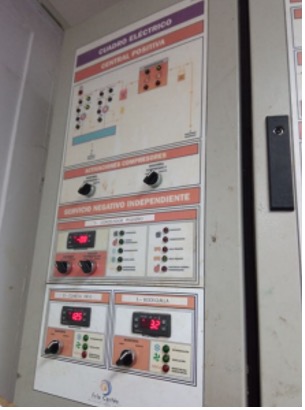
Chillers
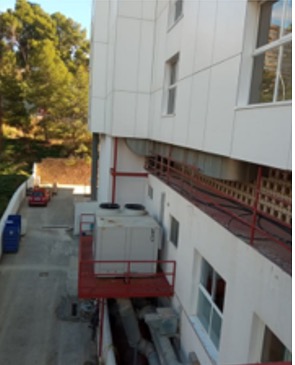
This data is consolidated in a Building Management System (BMS) that allows centralized operation of the energy systems. In this way, AI can automatically operate on the hotel's energy systems, optimizing their operation in real time. To complement this digitalization, temperature, humidity, solar radiation, and capacity sensors have been installed in the different areas of the hotel.
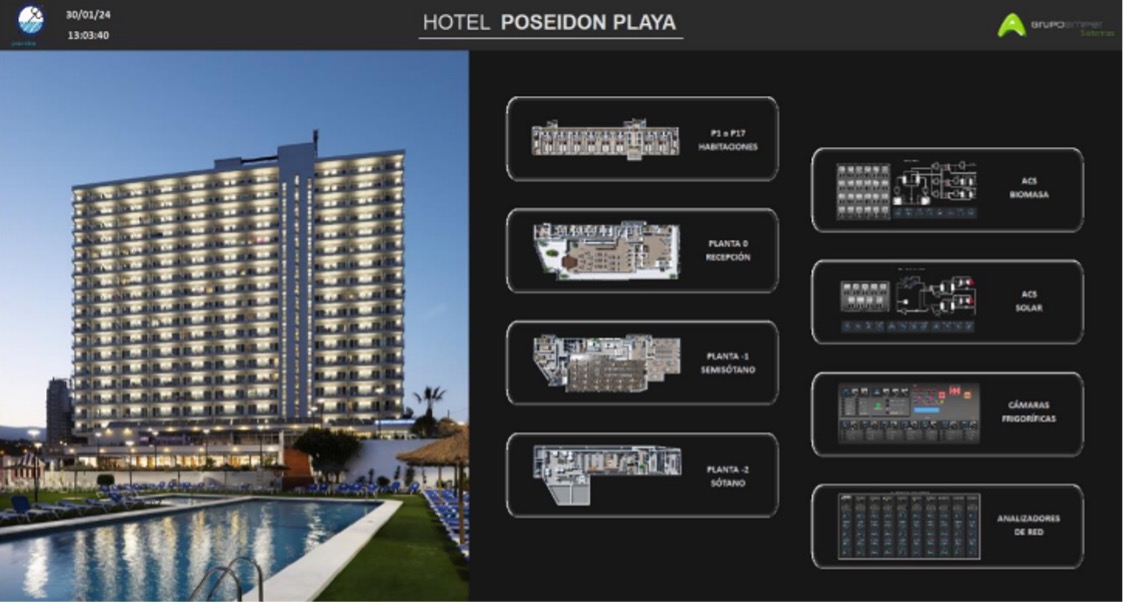
A crucial aspect of this approach is the consideration of the seasonality of variables to understand thermal dynamics, which the AI uses to optimize energy consumption. This optimization is achieved by approximating a thermal comfort formula designed specifically for the hotel, which allows the AI to translate the data into concrete measures that maximize user comfort while minimizing energy consumption.
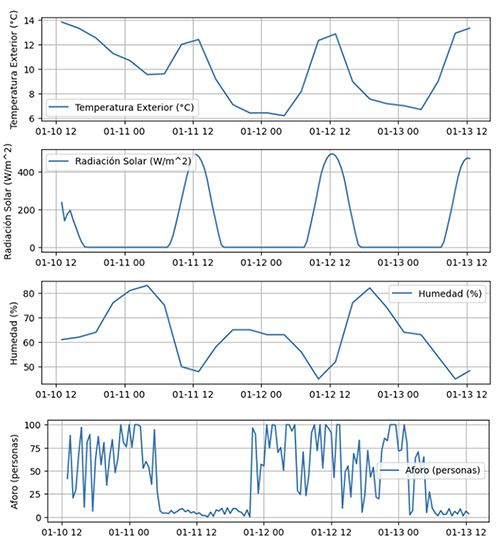
It is important to observe the seasonality of these variables to understand the thermal dynamics that occur and that the AI will take advantage of to optimize energy consumption.
The use of dynamics is achieved by approximating the thermal comfort formula designed for the hotel in a simplified illustration:
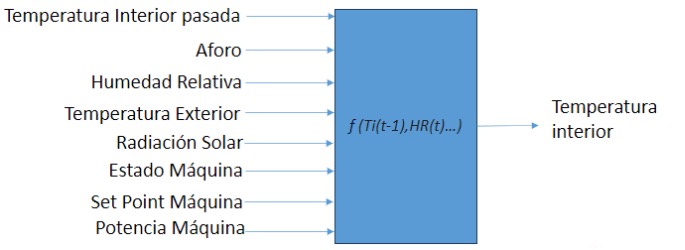
This indoor temperature resulting from the combination of different factors can be translated into comfort for the users.
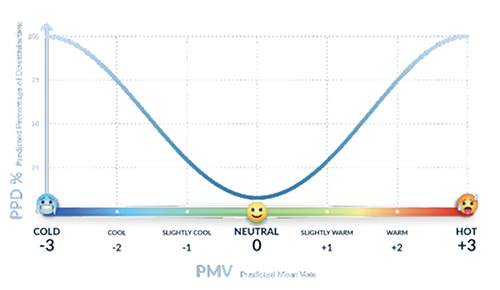
The project also includes the collection of data on the thermal sensation of users through forms with QR codes. This information allows the AI to learn and evolve based on the preferences and needs of hotel guests.
The implementation of the SCADA system integrated with the building's BMS has enabled efficient monitoring and control of the energy systems, providing the maintenance teams with a centralized tool to manage the systems and collect real-time data. The Airen Zero platform, integrated with the AI model and external services such as AEMET, has proven to be able to manage and process data in real time, generating optimal schedules for the use of the hotel's HVAC systems. A clear example is the management of the cooling system in the dining area, where AI adjusts the operating regime of the energy systems based on occupancy and consumption history, achieving a perfect balance between comfort and energy efficiency.
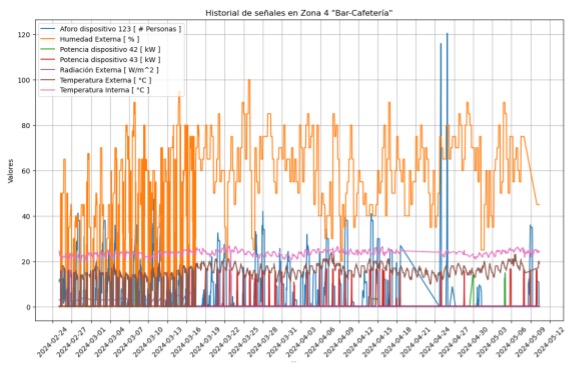
As the optimization is produced by taking advantage of thermal inertias, the AI will generate a planning according to the next day's forecast and according to the historical data patterns.
A clear example of the effectiveness of AI in energy optimization is the management of the air conditioning system in the hotel's dining area. This area has well-defined occupancy schedules, which allows AI to precisely adjust the operating regime of the energy systems, not only during the occupancy period, but also before and after.
AI, by analyzing usage patterns and the thermal inertia of the dining room, can predict with high accuracy when it is necessary to start or reduce the activity of the cooling systems. For example, if the AI determines that cooling demand will be minimal in the last few minutes of operation, it can schedule the cooling systems to be progressively turned off up to 30 minutes before the dining room closes. This intelligent adjustment ensures that diners' comfort is not affected, as the environment will be maintained within optimal temperature ranges during the time of use. At the same time, a significant reduction in energy consumption is achieved, as the system avoids unnecessary energy expenditure at times of low demand.
This approach not only reduces energy consumption, but also extends equipment life by minimizing on/off cycling, thus optimizing the operation of the system as a whole. The result is an ideal balance between energy efficiency and comfort, which translates into a more sustainable and economical operation for the hotel.
This project, developed by Substrate AI in collaboration with various institutions and experts in artificial intelligence, has not only proven to be an innovative solution for improving energy efficiency, but has also ensured that the thermal comfort of the occupants of the Hotel Poseidon Playa in Benidorm is not compromised, setting a new standard in hotel energy management.
